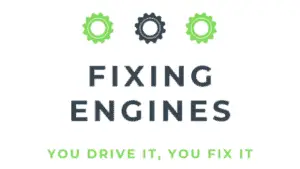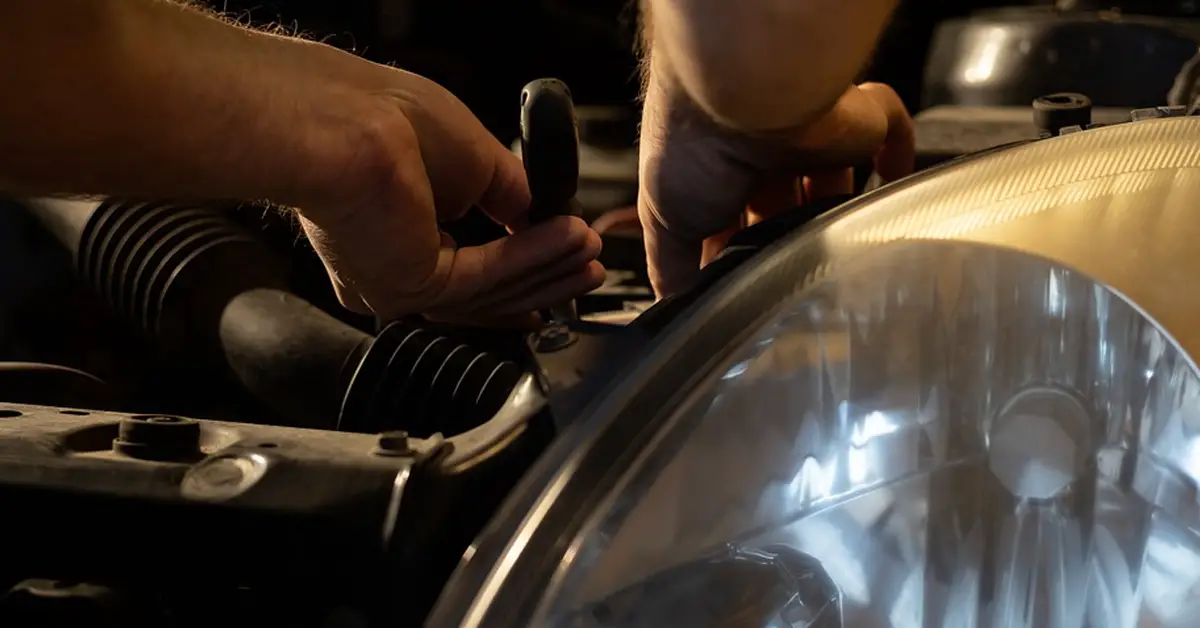If you see your engine light flashing, you may want to determine the nature of the problem to see if it’s something worth an auto mechanic. Suddenly, your car refuses to start after using the scanner. Now you’re confused, why is your car not starting after using OBD2?
If your car is refusing to start after you connected an OBD2 scanner, it’s certainly not the fault of the scanner. You should try the regular troubleshooting steps that you would if the scanner didn’t exist. If none seems to work, a mechanic might be a great help.
In this article, you’ll learn what OBD2 means and when you should use it. Also, you’ll learn some of the reasons why your car’s engine might refuse to start after using OBD2 and a breakdown of what happens when you clear the error codes.
What Is an OBD2 Scanner?
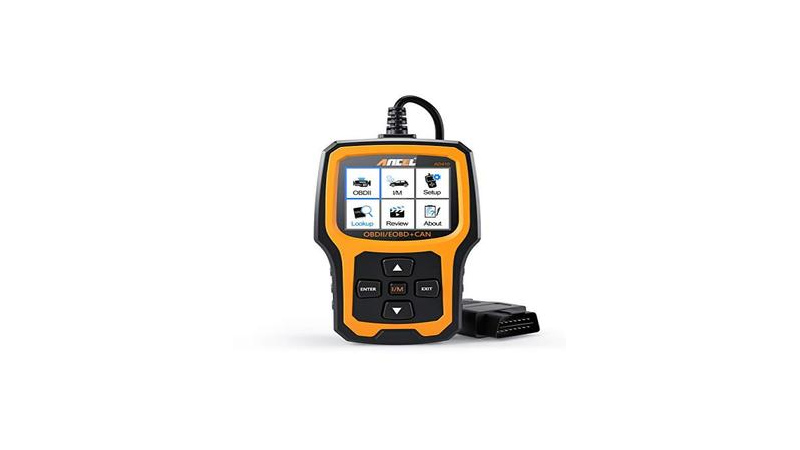
If you have a vehicle made after 1996, it should have a self-diagnosis system called the OBD2 scanner. OBD2 stands for Onboard Diagnostics II, a scanner made to detect and display any glitch or malfunction that happens to any of its crucial components.
With the inception of the OBD2 standard, it has become much easier for mechanics to determine the specific problem with a car, instead of making inaccurate guesses based on symptoms. OBD2 scanners aren’t only useful for mechanics, any car owners can use them to diagnose what went wrong with their vehicle.
To understand how the entire onboard diagnostics system works, it’s important to know the differences between the OBD2 standard and an OBD2 scanner.
The OBD2 standard is the self-diagnostics system built into all vehicles today. It only flashes a light if it detects a problem to notify the driver or technician working on the car. However, you’ll need an OBD2 scanner to read more than the engine light and determine exactly what’s going on with your vehicle.
If you want any shot at repairing your vehicle, getting an OBD2 scanner is a no-brainer. In some cases, you may even need to connect the scanner to your vehicle at all times to fulfill the requirements of your car insurance company.
Can You Use OBD2 Scanner While Car Is Running?
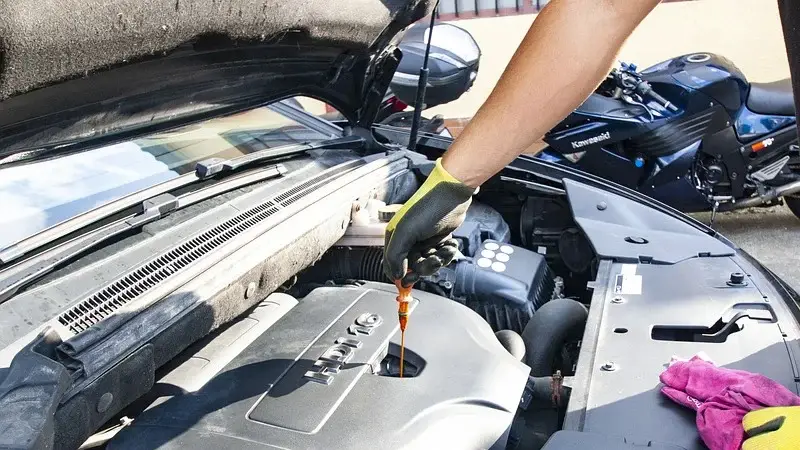
If you’re worried about the safety of using an OBD2 scanner when your car is running, it may be pretty relieving to learn that the scanner was made for that very purpose. Your OBD2 scanner will be unable to collect any useful data if your car is powered down.
It’s even recommended to ensure that your car is always running when connecting to an OBD2 scanner. Since it’s designed to work with a running car, connecting it to your car when it’s not running may damage its software.
Therefore, if your insurance company requires you to connect an OBD2 scanner to your car at all times, you should be willing to do that without worrying about any side effects. If you do a lot of research on the internet, you may come across some information suggesting the contrary.
One legitimate worry that people talk about often is the fact that an OBD2 will consume your vehicle’s battery, and that’s is true. However, unless you worry about how much battery your car’s windshield wipers consume, you probably shouldn’t worry.
The fact that most OBD2 scanners are designed to conserve battery also helps matters. So, if your insurance company requires you to plug in an OBD2 scanner at all times, you shouldn’t think twice before doing that.
What Happens When You Clear Codes on a Car?
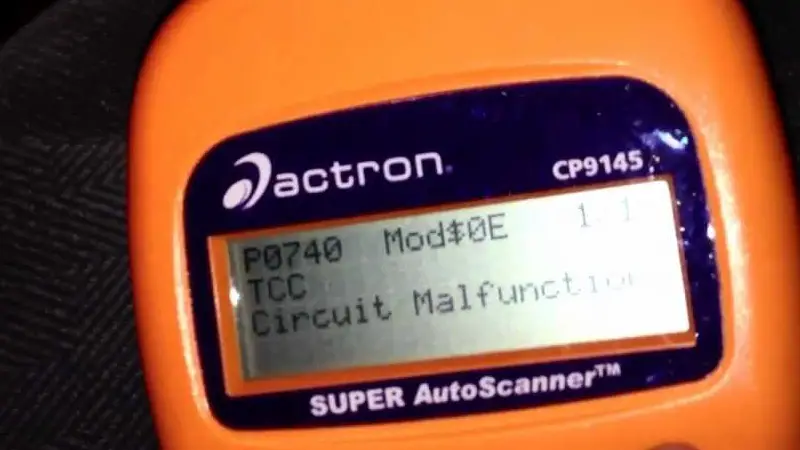
An OBD2 scanner can do a lot of things, and one of them is clearing error codes from your car’s computer. While this practice may seem unnecessary, it’s something that you may need to do at a point in time.
While clearing the error codes will erase it from the scanner and the car’s computer, one thing it can’t do is solve the origin problem. Clearing the codes is simply masking the problem; it will come back sooner or later, even worse, if it’s a compounding problem.
Unless you need to, it’s recommended to never erase the error codes on your car’s computer using an OBD2 scanner or anything else. Doing this won’t only erase that data, it will also erase the log of errors that your car’s onboard diagnostics system has been keeping over the long term.
If you don’t know the consequences of that, the short answer is that it makes your car much more difficult to repair. When your car is challenging work for the auto mechanic, it automatically becomes a more expensive repair which becomes a lose-lose situation.
If the OBD2 scanner can’t tell the problem with your car, they may have to run a full diagnostics test. You’ll need to pay for the test separately, which builds up to more expenses in the long run.
Why My Car Won’t Start After Using OBD2
An OBD2 system can do many things on your car, but causing it not to start is certainly not one of them. If your car is refusing to start immediately after you connected an OBD2 scanner, it’s almost always a coincidence, except that it’s not very surprising.
Most people won’t connect an OBD2 to their vehicles unless there is a problem. It can be that the severity of the problem has been accumulating gradually, only to come at full force when you connected the scanner.
If your car won’t start after you connected an OBD2 scanner, you can use the output information to determine the problem. If that’s impossible for a reason, you may want to try common troubleshooting steps to get your car back on its tires.
Before fretting, you may want to check if you aren’t out of gas. While it may sound too easy to solve the problem, there have been several cases of people who spent several hours trying to troubleshoot a car with an empty tank.
If you’re sure that there’s enough gas to start the car, you should consider inviting a professional to check out the car. If you haven’t cleared the error codes on your OBD2 scanner, it may also help in finding a solution to the problem.
